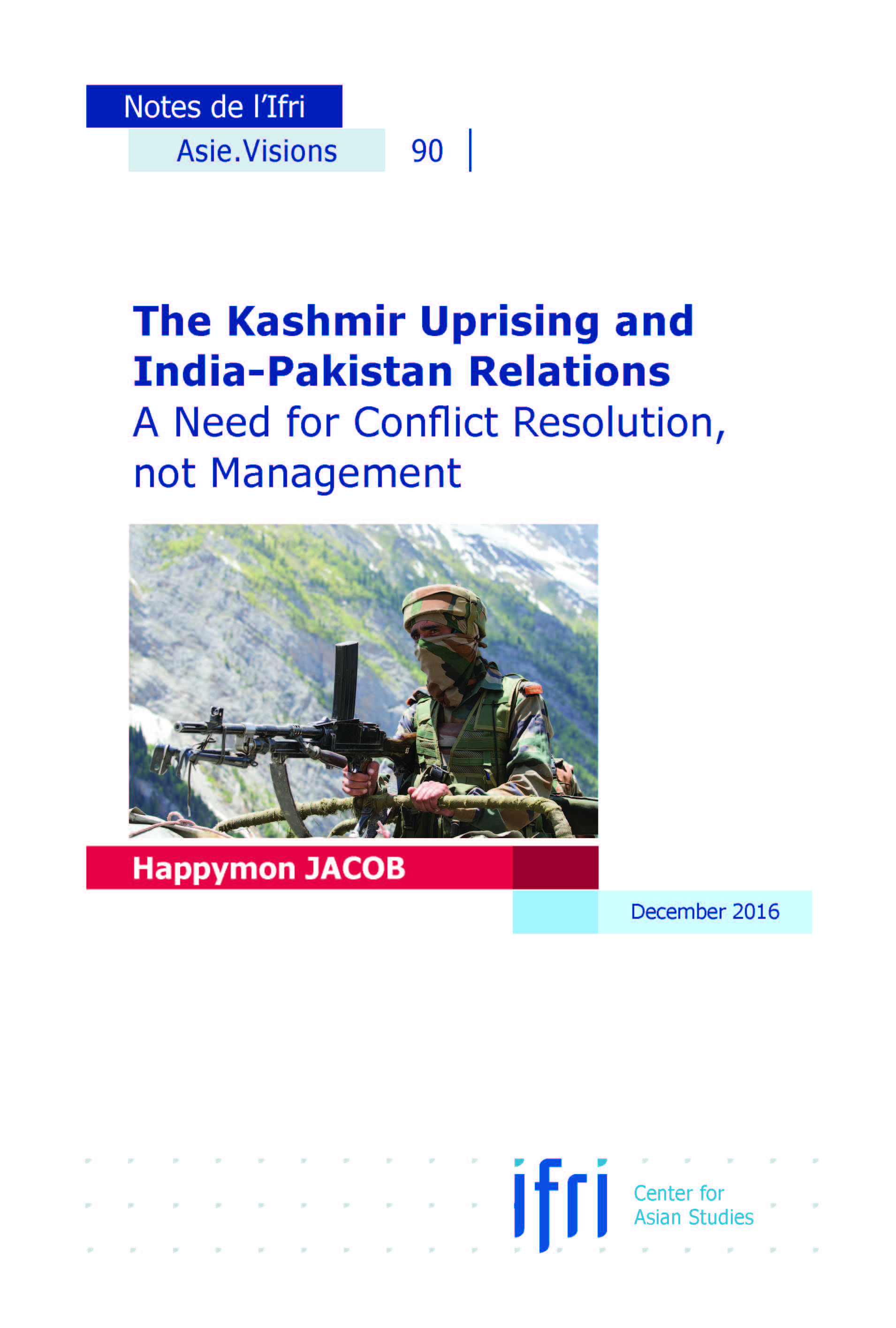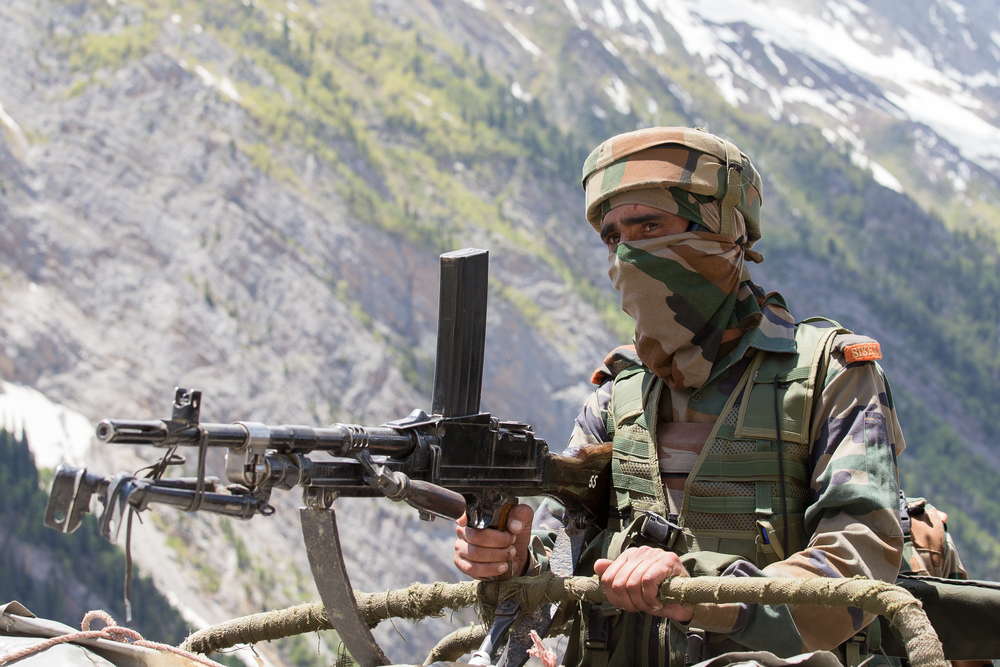The Kashmir Uprising and India-Pakistan Relations: A need for conflict resolution, not management

This paper analyses the causes and consequences of the 2016 uprising in Kashmir, making six interrelated arguments.

First of all, it argues that notwithstanding the fact that India and Pakistan have multiple conflicts to resolve, including the Siachen Glacier, Sir Creek etc., Kashmir continues to be the most significant dispute in so far as it holds the key to a rapprochement between the two South Asian rivals. For instance, during the period when Kashmir was purposefully addressed between the two sides, from 2003 to 2007/8, the relationship improved significantly on other fronts as well.
Second, the direct or indirect complicity of the Pakistani state in the terrorist violence carried out against India is the fundamental reason why the two sides have been unable to make any definitive gains from their bilateral dialogues.
Third, the paper underlines that normalcy in Kashmir can be misleading. The 2008 uprising came as a complete surprise given the fact that the past insurgency had been a failure and India and Pakistan had made positive strides in their relationship. Since 2008, then, it so appears that normalcy – a situation wherein people seemingly go about their daily lives without bothering with overt dissident political activism or protests – is a temporary break between major uprisings. Mistaking such temporary normalcy as an indication of a complete end to the insurgency in the state has proven to be a mistake more than once.
Fourth, this paper argues that the new insurgency in Kashmir that is taking root today is quite dissimilar to the one that began in the late 1980s and tapered off in the mid-1990s. Kashmir today is faced with a new wave of young, educated militants, a large number of whom seem to be driven by religious motivation. This is very different from the 1990s. Moreover, this is an indisputably indigenous movement. It will therefore require extraordinary effort from New Delhi to bring Kashmir back from the brink of another full-blown insurgency.
Fifth, the Kashmir conflict is a political contestation operating at many levels, which should be addressed using both symbolic and substantive responses. One of the reasons why the new BJP-led government in New Delhi has not been able to reach out to the Kashmiri separatists is due to the clash of symbols that drive their respective political positions.
Finally, the electoral dynamics in India have a clear bearing on New Delhi’s ability to resolve the Kashmir conflict. Resolving this conflict in a win-win manner is indeed the correct thing to do from a grand strategic point of view, but it may not necessarily be so from a short-term electoral consideration: the latter seems to inform the BJP’s approach to Kashmir.
Download the full analysis
This page contains only a summary of our work. If you would like to have access to all the information from our research on the subject, you can download the full version in PDF format.
The Kashmir Uprising and India-Pakistan Relations: A need for conflict resolution, not management
Related centers and programs
Discover our other research centers and programsFind out more
Discover all our analysesJapan’s Takaichi Landslide: A New Face of Power
Prime Minister Sanae Takaichi has turned her exceptional popularity into a historic political victory. The snap elections of February 8 delivered an overwhelming majority for the Liberal Democratic Party (LDP), driven by strong support from young voters, drawn to her iconoclastic and dynamic image, and from conservative voters reassured by her vision of national assertiveness. This popularity lays the foundation for an ambitious strategy on both the domestic and international fronts.
The U.S. Policy Toward Taiwan Beyond Donald Trump: Mapping the American Stakeholders of U.S.-Taiwan Relations
Donald Trump’s return to the White House reintroduced acute uncertainty into the security commitment of the United States (U.S.) to Taiwan. Unlike President Joe Biden, who repeatedly stated the determination to defend Taiwan, President Trump refrains from commenting on the hypothetical U.S. response in the context of a cross-Strait crisis.

China’s Strategy Toward Pacific Island countries: Countering Taiwan and Western Influence
Over the past decade, China has deployed a diplomatic strategy toward the Pacific Island Countries (PICs). This strategy pursues two main objectives: countering Taiwan's diplomatic influence in the region and countering the influence of liberal democracies in what Beijing refers to as the "Global South."

Opening up the G7 to South Korea to Address Contemporary Global Challenges
The G7’s global influence has diminished as powers like China reshape international governance through initiatives such as BRICS and the Shanghai Cooperation Organisation (SCO). With the G7 now representing just 10 per cent of the world’s population and 28 per cent of global GDP, its relevance is increasingly questioned.









